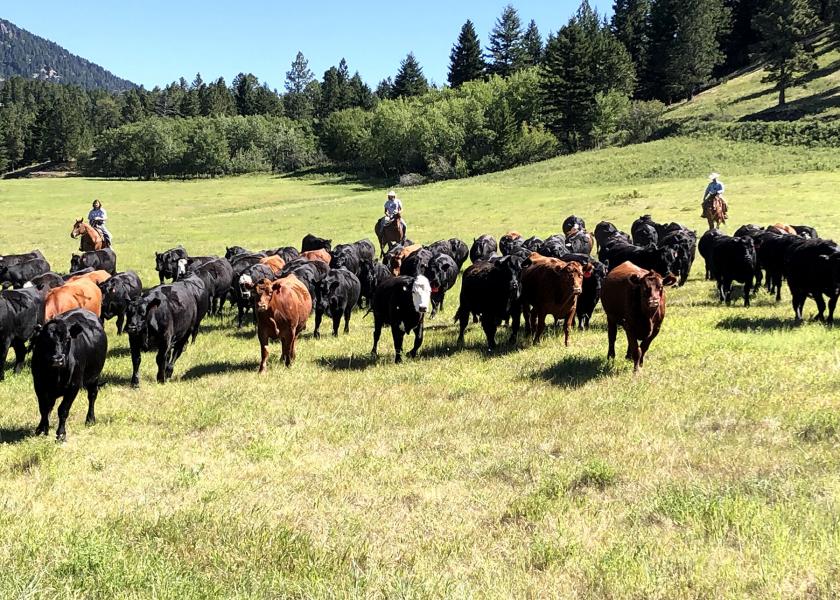NCBA Pressures Congress to Protect Family-Owned Businesses

As Co-Chair of the Tax Aggie Coalition, NCBA spearheaded a letter to House Ways and Means and Senate Finance Committee leadership urging them to consider the implications that changes to federal tax policy will have on family-owned agricultural businesses.
Nearly 330 trade associations representing family-owned food, agriculture and related businesses agree that, when drafting legislation to implement President Biden's "Build Back Better" agenda, it is critical that the “American Families Plan” must also support family farms and ranches.
“Congress must consider the complex structure of family-owned agricultural businesses that serve as the backbone of rural economies; therefore, understand how changes to long-standing provisions in the tax code could be detrimental to the financial viability of these businesses as they transfer to the next generation,” said Senior Executive Director of Government Affairs Danielle Beck.
“This is not a partisan issue; in fact, it’s an issue that affects every single American. With more than 370 million acres expected to change hands in the next two decades, preserving long-standing provisions in the federal tax code is a win-win situation for producers and consumers alike. Whether their family has preserved the land for generations, or they are a beginning, veteran or minority farmer getting their start in the industry – without federal tax policy that supports a viable business climate for the next generation of producers, building on the environmental and economic contributions of today’s producers is impossible and risks compromising our nation’s ability to produce a safe, abundant and affordable food supply. The consequences of taxing family farms and ranches out of business completely undermines the 'Build Back Better' agenda.”
Some federal tax policy proposals have been accompanied by the promise of purported protections to family-owned businesses. However, signatories on the letter stress that those accommodations may not necessarily apply to the diverse complexity of ownership structures across family-owned agricultural entities. The only way to ensure the future viability of family-owned business, specifically farms and ranches, is to fully preserve critical provisions such as stepped-up basis, like-kind exchanges, the Section 199A small business deduction and maintain the current estate tax code provisions.







